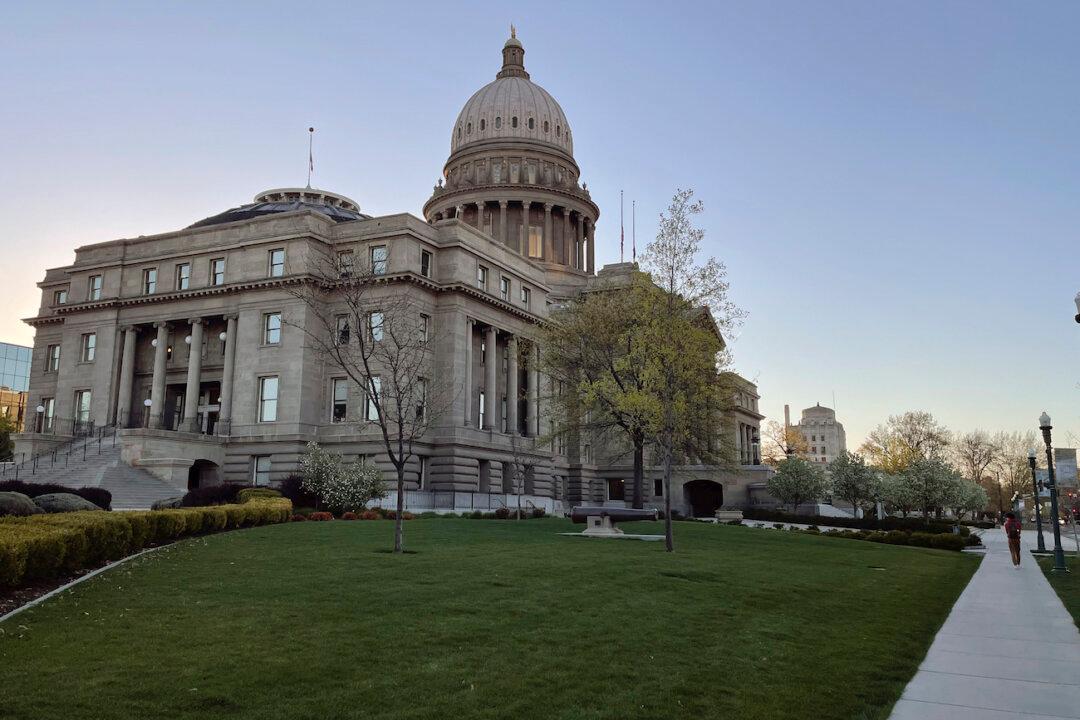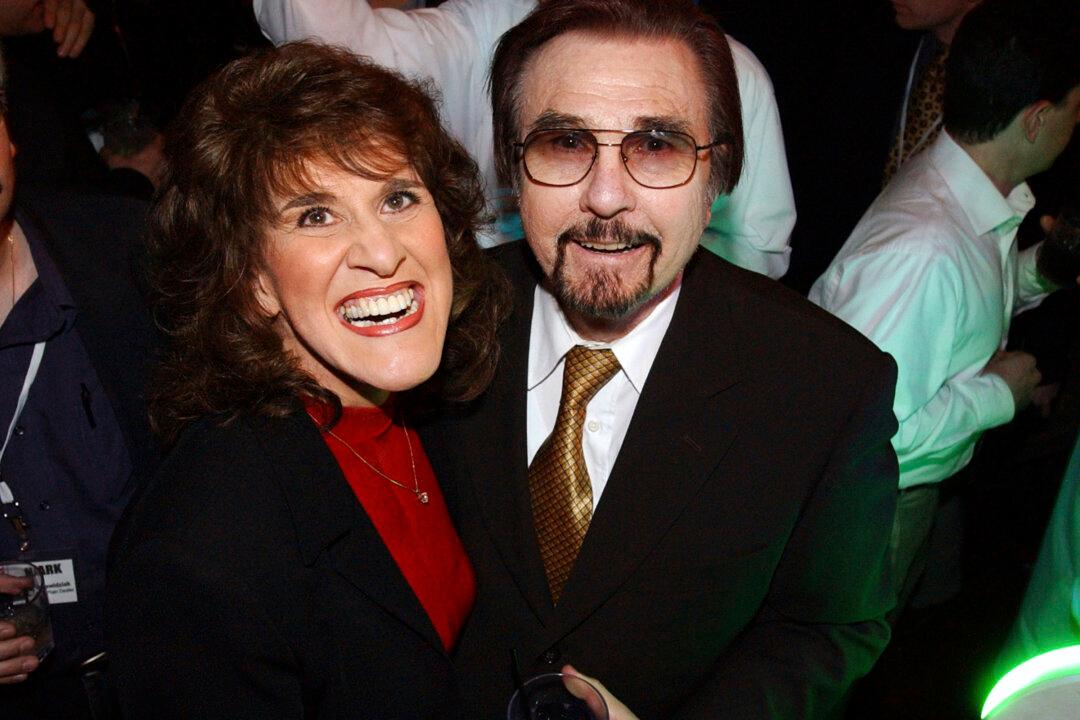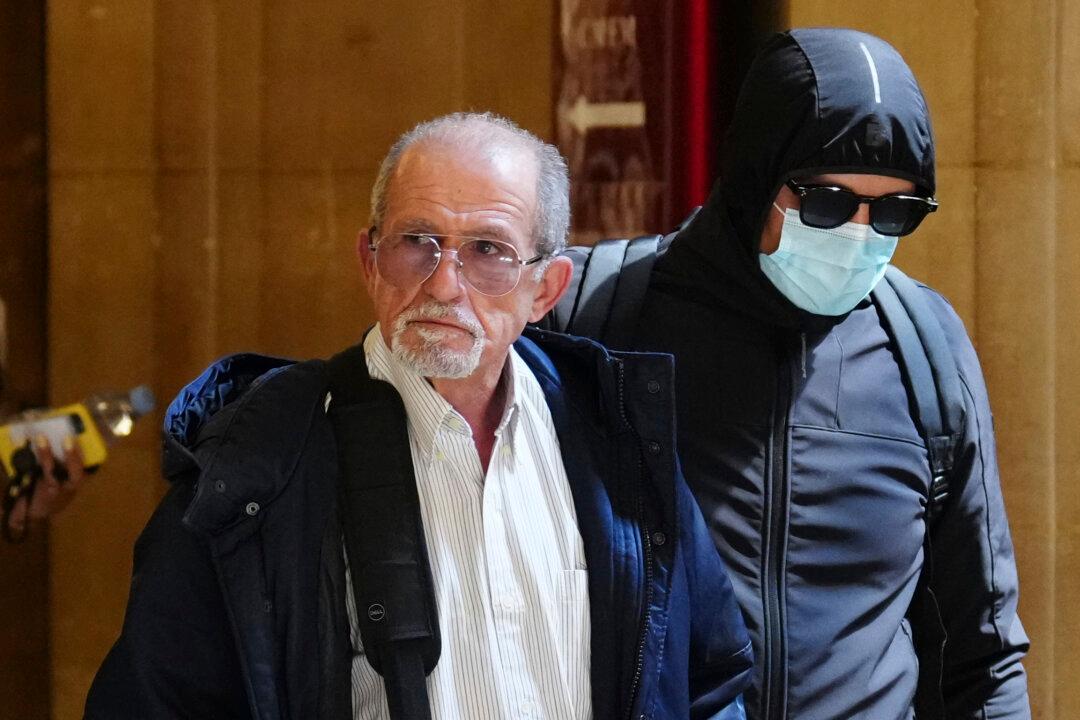Idaho Gov. Brad Little recently announced that the state has won a lawsuit from a group of protestors who set up camp near the Idaho State Capitol, from January to March 2022.
In a public statement, Little said that “Idaho is not Portland, L.A., San Francisco, or Seattle where public officials have engaged in failed experiments to permit and encourage unsafe and destructive public camping.”





